Fahrenheit 451
Ray Bradbury’s Fahrenheit 451 is a chilling dystopian masterpiece that serves as a prophetic warning about the dangers of a society consumed by superficiality and fear of intellectualism. Set in a future where books are outlawed and “firemen” burn them instead of extinguishing fires, the novel offers a stark critique of a culture obsessed with instant gratification and mindless entertainment.
The protagonist, Guy Montag, is a fireman who initially embraces his role as a book burner. However, his world is irrevocably altered when he encounters the enigmatic Clarisse McClellan, a young girl who possesses a profound love for nature and thought-provoking questions. Through her influence, Montag begins to question the emptiness of his existence and the totalitarian society he inhabits.
Bradbury’s prose is both poetic and evocative, creating a world that is both familiar and terrifying. The novel’s themes of censorship, conformity, and the power of knowledge remain strikingly relevant today. Fahrenheit 451 is a must-read for anyone interested in exploring the potential consequences of a society that prioritizes distraction over depth.
Ultimately, Fahrenheit 451 is a powerful reminder of the enduring importance of literature and the human spirit. It is a book that challenges readers to examine their own relationship with technology and the world around them.
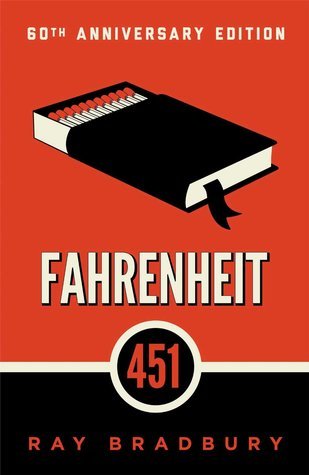
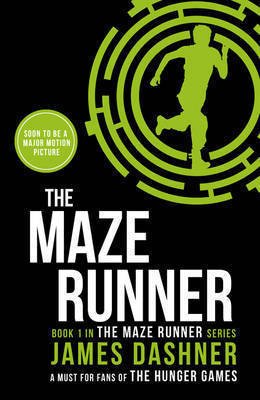

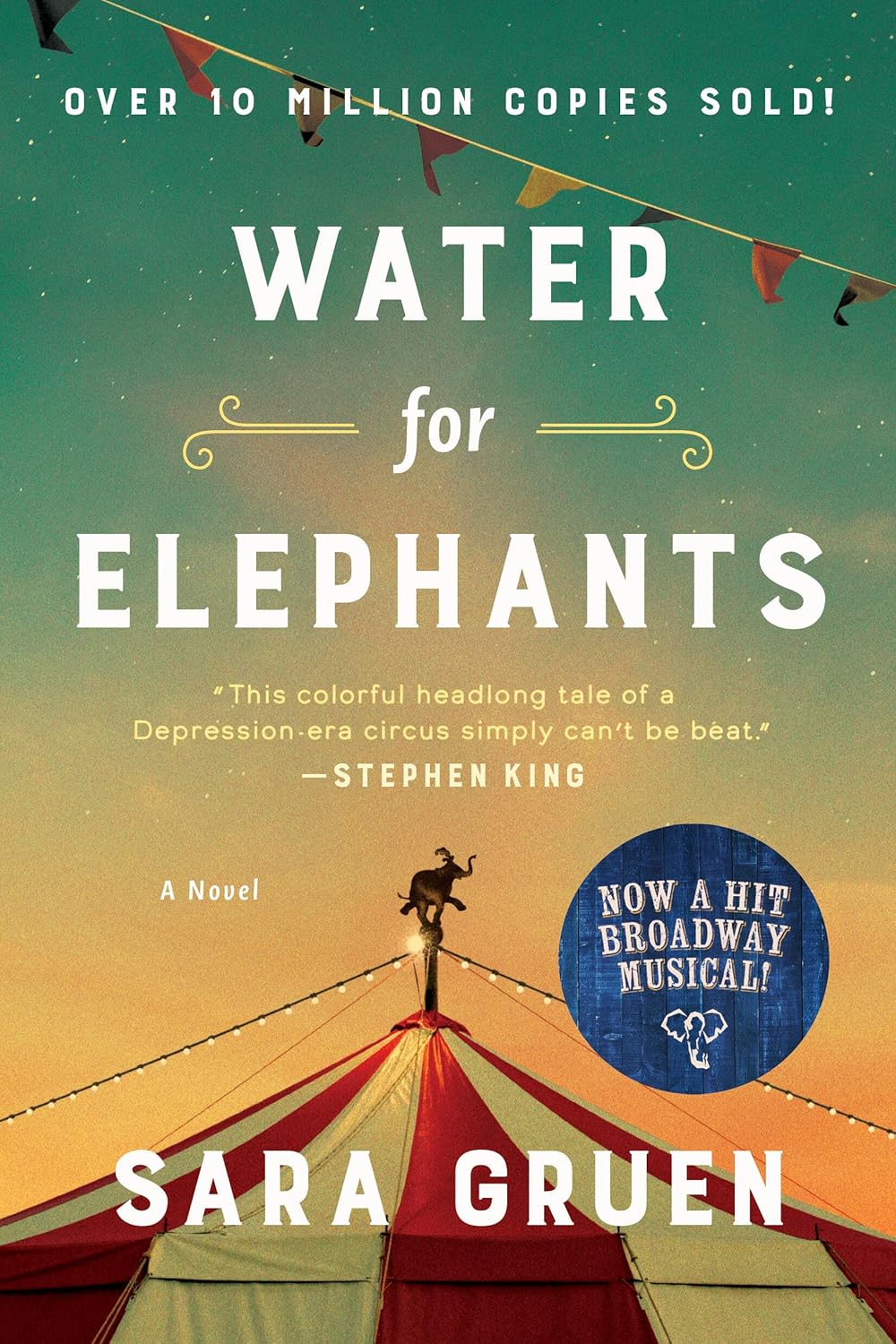
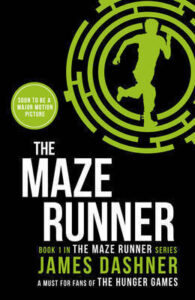


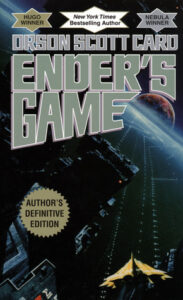






Post Comment